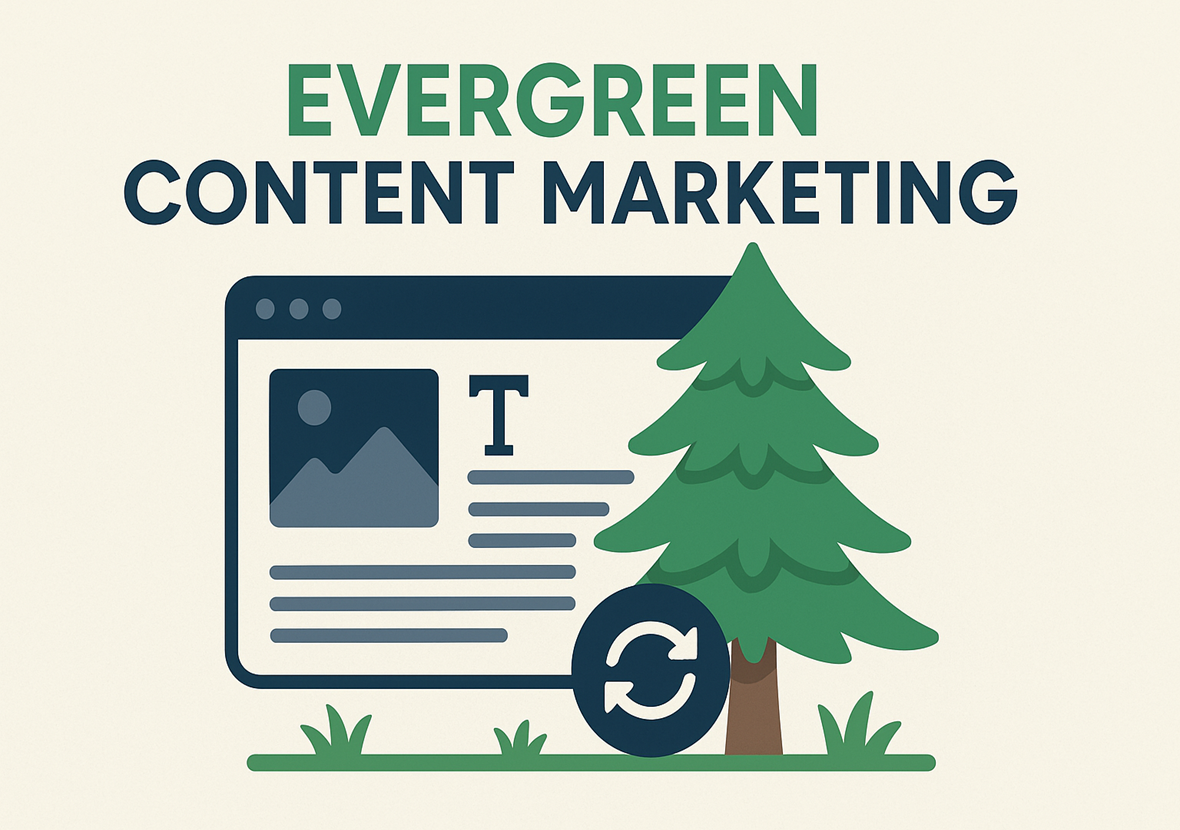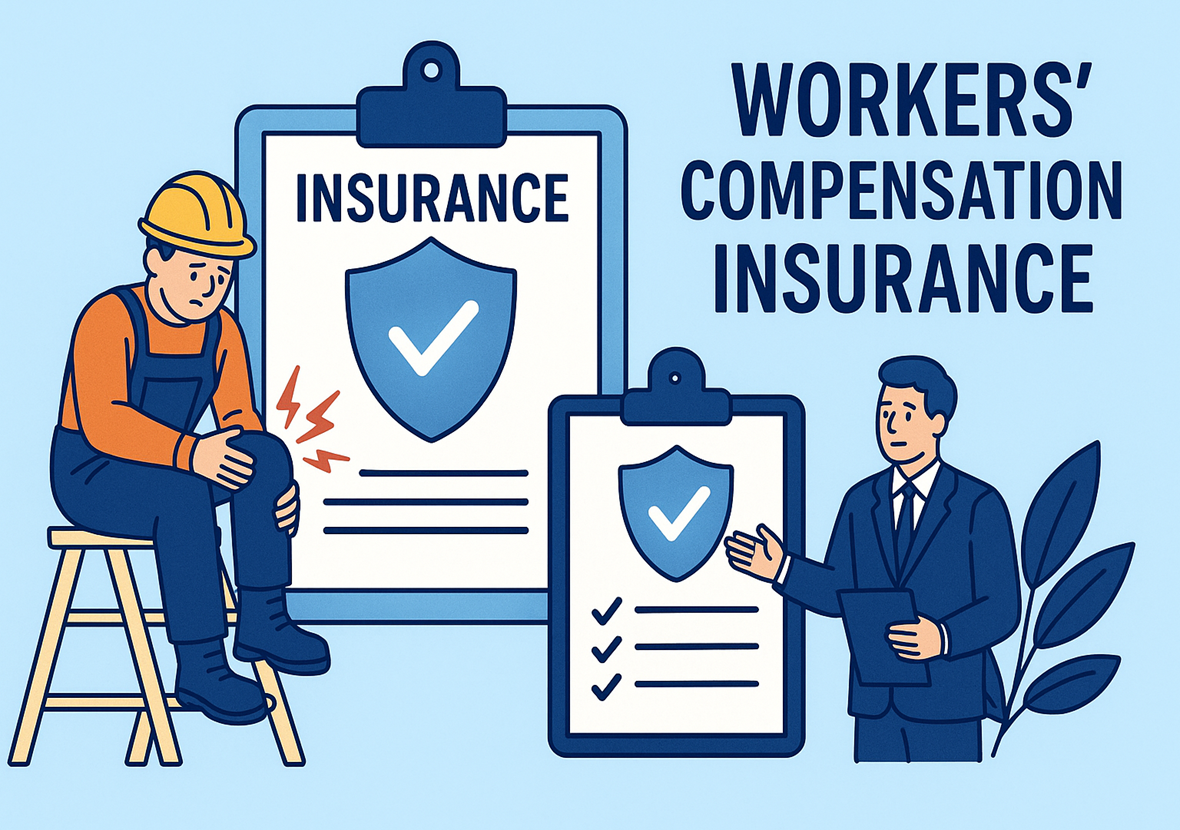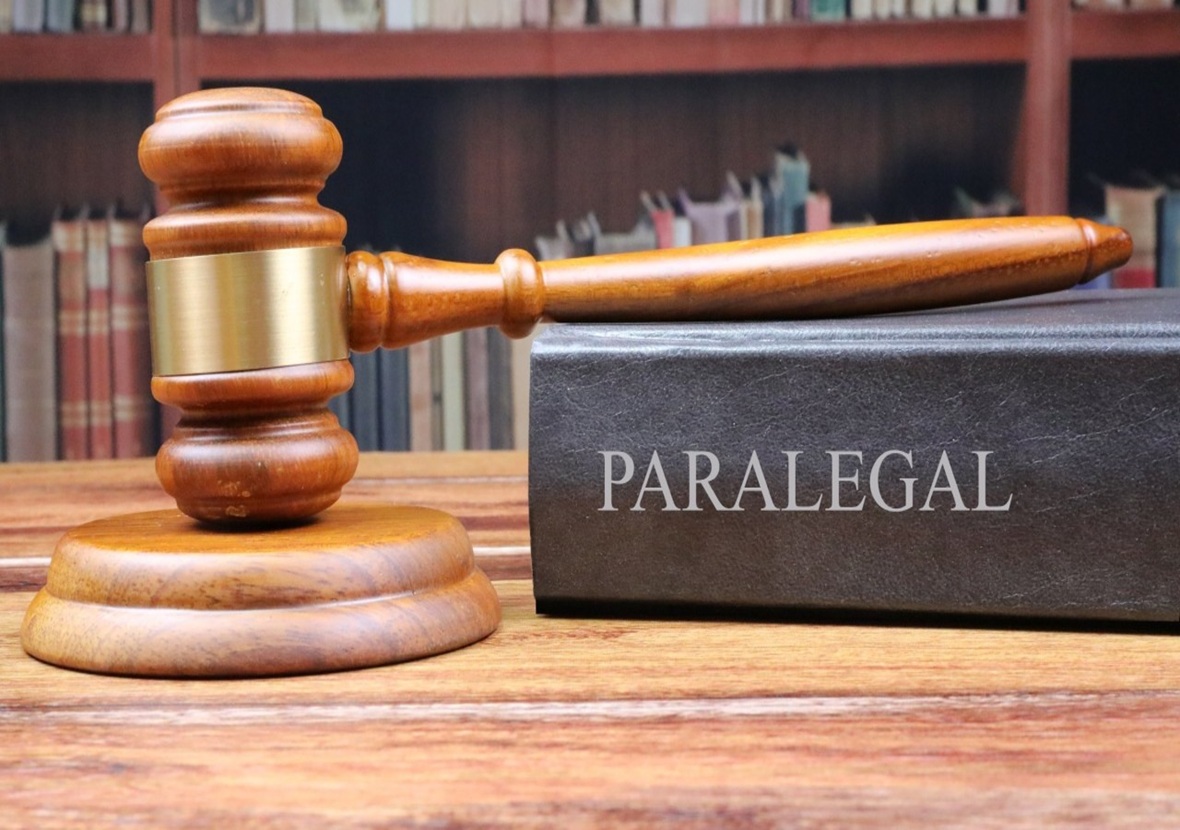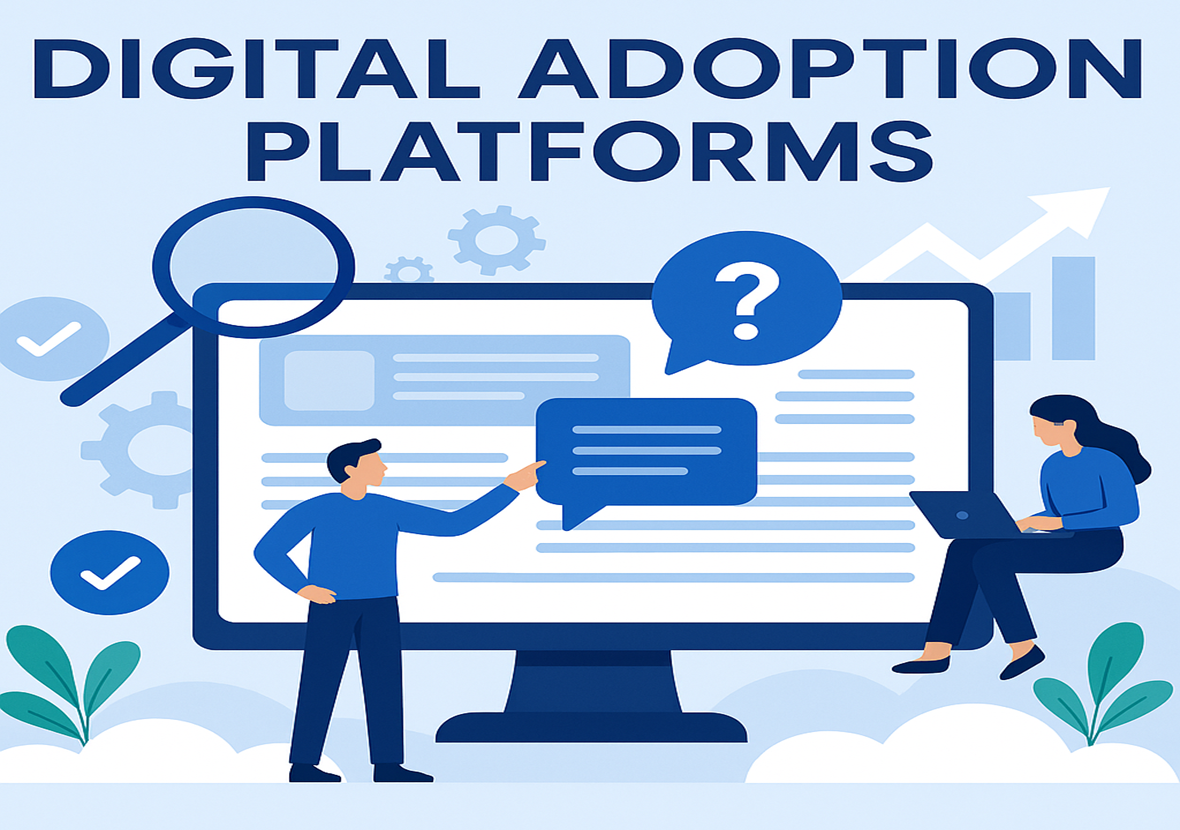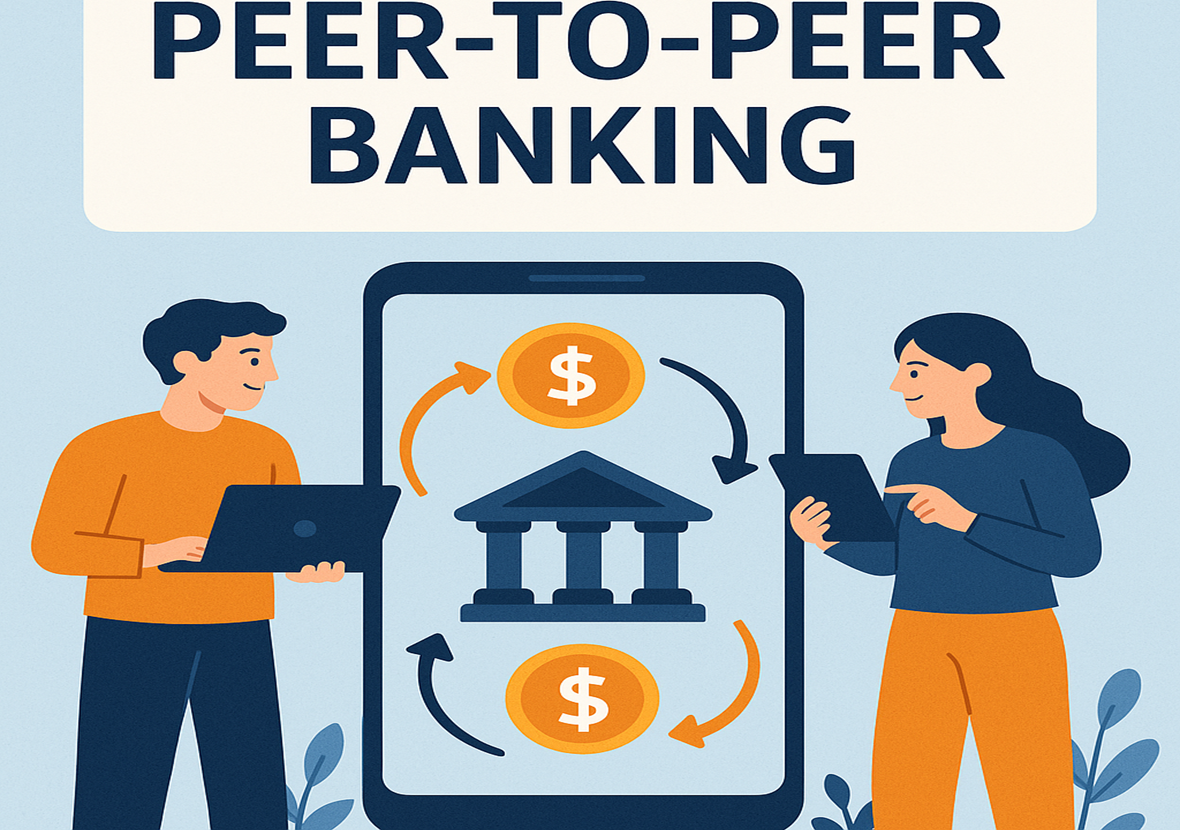The H-1B visa is a non-immigrant work visa that allows U.S. employers to hire highly skilled foreign professionals for specialized jobs that require at least a bachelor’s degree or equivalent work experience. This visa is commonly used in technology, engineering, healthcare, finance, and education sectors.
Key Features of the H-1B Visa
✅ Employer Sponsorship Required: A U.S. employer must file a petition with the U.S. Citizenship and Immigration Services (USCIS) on behalf of the applicant.
✅ Specialized Occupations: The job must require specialized knowledge in fields like IT, science, mathematics, engineering, finance, and healthcare.
✅ Validity Period: Initially issued for up to 3 years, with an extension possible up to a maximum of 6 years.
✅ Annual Cap: The U.S. government issues 85,000 new H-1B visas each year, including 65,000 for regular applicants and 20,000 for individuals with U.S. master’s degrees or higher.
✅ Path to Green Card: H-1B holders can apply for permanent residency (Green Card) through employer sponsorship.
Eligibility Criteria
- The applicant must have a bachelor’s degree or higher in a relevant field.
- The job position must be classified as a specialty occupation requiring expert knowledge.
- The employer must prove that they could not find a qualified U.S. worker for the position.
H-1B Visa Application Process
- Job Offer & Employer Sponsorship: A U.S. employer must offer a position and file an H-1B petition.
- Labor Condition Application (LCA): The employer submits an LCA to the Department of Labor (DOL) to confirm fair wages and working conditions.
- H-1B Petition Filing: The employer files Form I-129 with USCIS.
- H-1B Lottery (if applicable): If applications exceed the annual cap, a random lottery determines who proceeds.
- Approval & Visa Stamping: Once approved, the applicant schedules a visa interview at a U.S. embassy or consulate in their home country.
- Entry & Employment: After visa approval, the applicant can legally work in the U.S. for the sponsoring employer.
Benefits of the H-1B Visa
- Opportunity to work in the U.S. legally in high-demand industries.
- Competitive salaries and professional growth.
- Can bring spouse and children (H-4 visa holders) who may be eligible for work authorization.
- Provides a pathway to a Green Card (permanent residency).
Challenges & Limitations
- High competition due to the annual cap and lottery system.
- Strict eligibility requirements and employer sponsorship obligations.
- Processing delays due to high demand.
- Dependence on employer sponsorship for visa extensions and renewals.
The H-1B visa is one of the most sought-after work visas for skilled professionals looking to build a career in the U.S. With proper planning, qualifications, and employer support, it can serve as a stepping stone to long-term employment and residency in the U.S.
APPLY FOR FULLY FUNDED SCHOLARSHIP HERE









